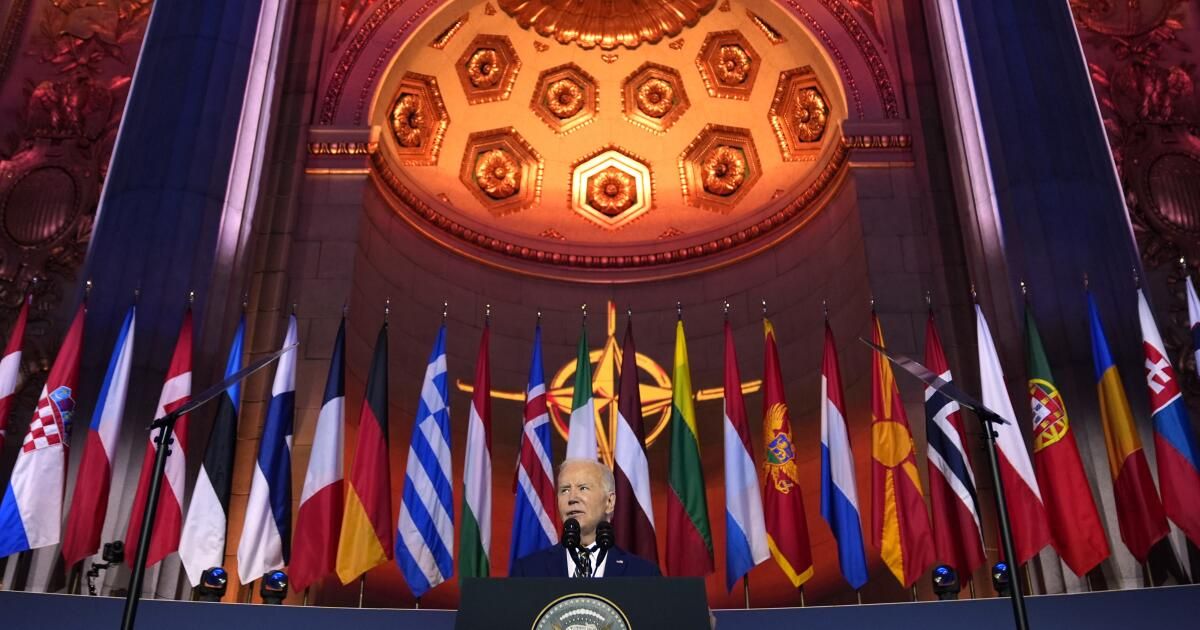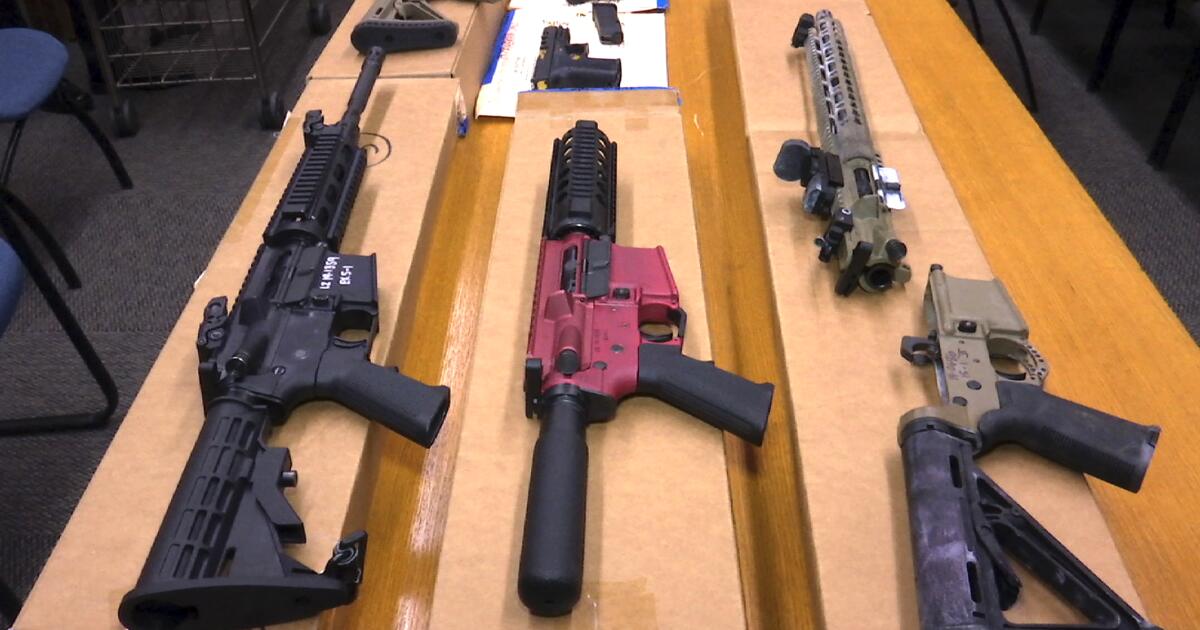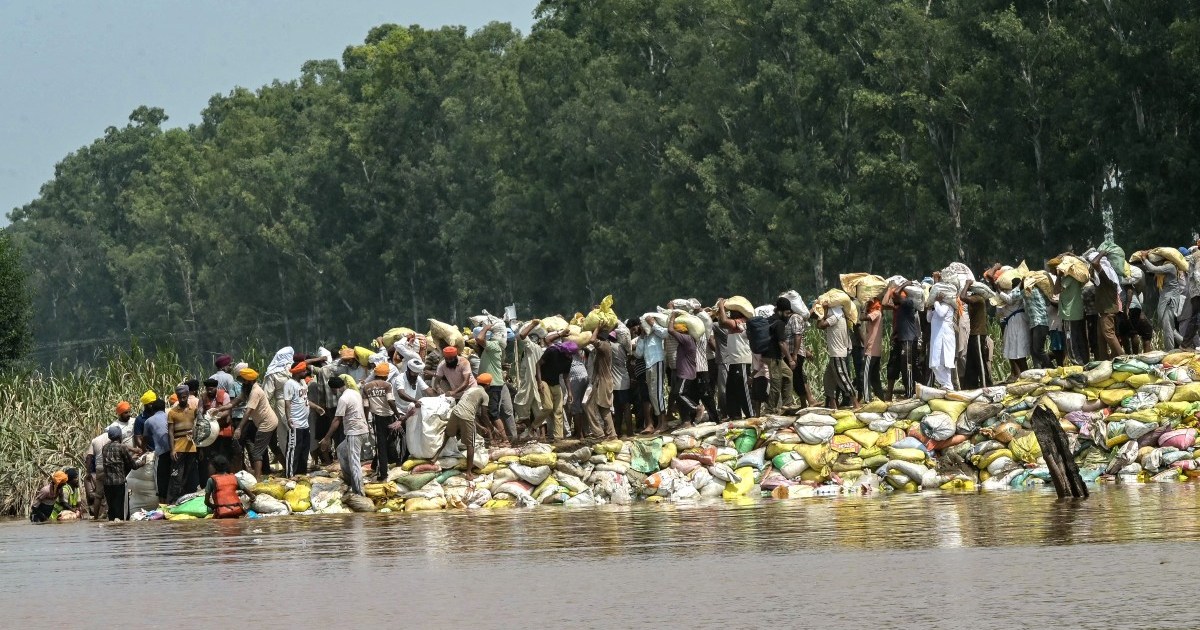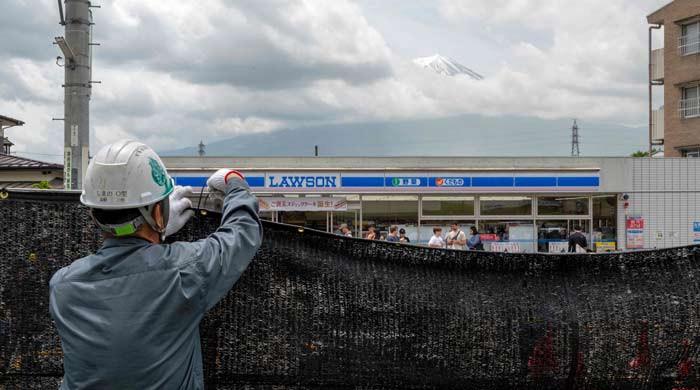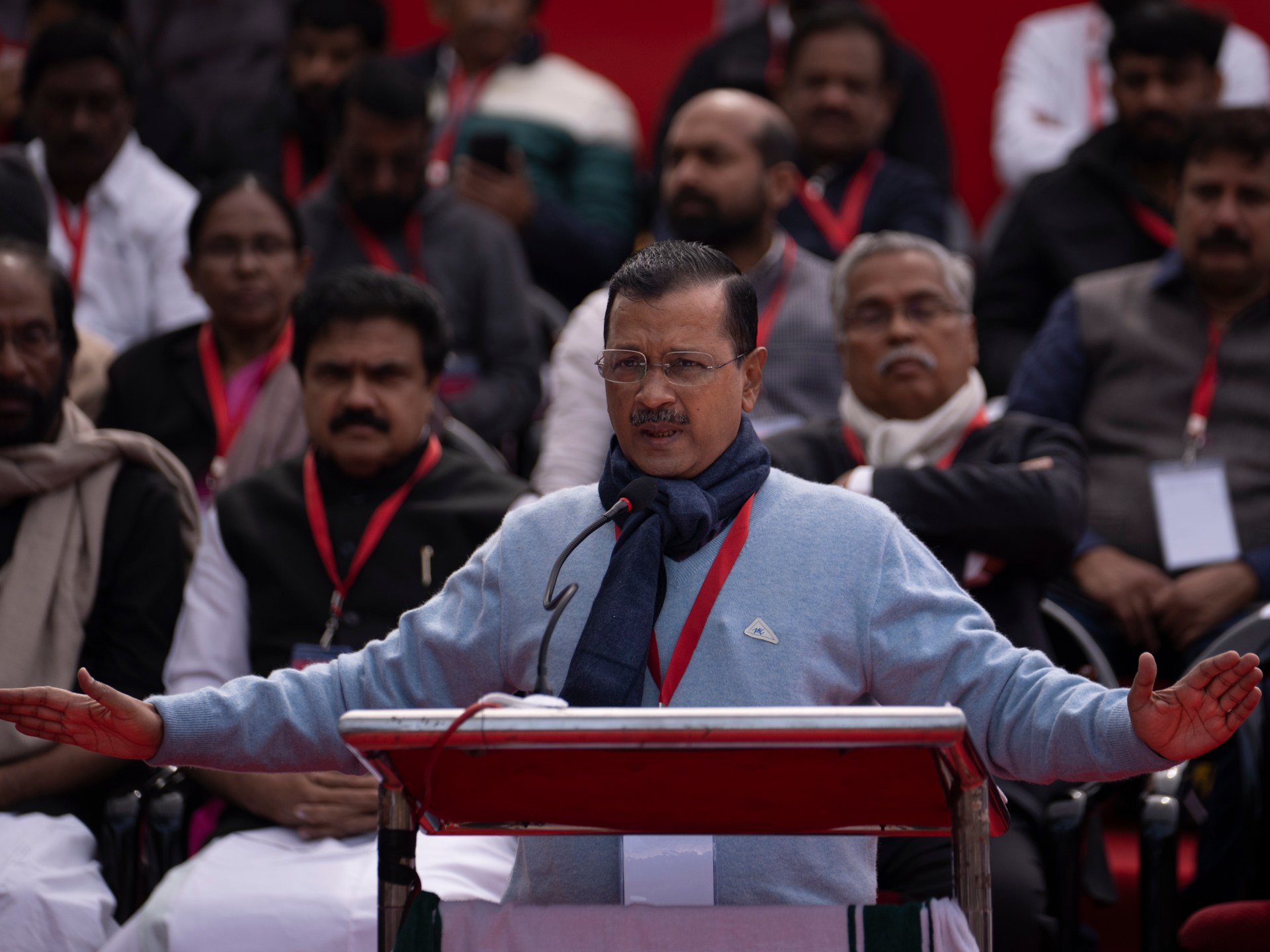The United States and its NATO allies will give Ukraine new air defense systems, European-based military training and other equipment to bolster its desperate fight against Russia more than two years after their bloody war began.
But Ukraine will not – and this is critical – achieve membership in the transatlantic alliance.
As leaders of NATO's 32 member states gathered here for the group's 75th anniversary, U.S. officials said Ukraine is instead being offered a “bridge” to membership, an unclear path that delays any consideration of a membership application until after the war is over.
Ukraine sees NATO membership as protection against a much larger and better-armed aggressor.
But many within the alliance fear an escalation with Russia, saying that including Ukraine now in the alliance would put NATO countries in direct conflict with Moscow.
Ukrainian President Volodymyr Zelensky is disappointed, but U.S. officials have warned him not to make a public display of his frustration, as he did at last year's summit.
Instead, he made a strong appeal for urgent and sustained support from the West. In Washington, for the summit, Zelensky deliberately chose a Republican audience to deliver a major speech and repeatedly alluded to the possibility of former President Trump winning the November election.
Trump, along with several Republicans, has expressed skepticism about continuing aid to the embattled nation.
“It’s time to … make firm decisions, to act and not wait for November or any other month,” Zelensky said Tuesday night at the Reagan Institute, where he was introduced by Senate Minority Leader Mitch McConnell (R-Ky.).
“To do this, we must be strong and uncompromising all together… all of America. Uncompromising in the defense of democracy, uncompromising against… [Russian President Vladimir] Putin and his clique, intransigent in the face of any possible terrorism.”
Zelensky renewed calls for Ukraine to be allowed to use U.S.-supplied weapons to attack Russia on its territory, something the Biden administration has largely banned because it could be seen as a provocation.
“How much longer can Putin last?” Zelensky asked. “The answer to this question is right here in Washington.”
President Biden announced the new assistance to Ukraine as he opened the summit. His appearances this week are under intense scrutiny amid turmoil in the Democratic Party over whether the 81-year-old president should continue to run for reelection. He has rejected calls for him to withdraw from the race.
Biden described the supply of new air defense systems, about a dozen in all, as a “historic donation,” though it was relatively modest compared with Russia’s routine deadly bombings of Ukrainian cities, including numerous civilian targets such as the children’s hospital in kyiv attacked on Monday.
Secretary of State Antony J. Blinken, speaking at the NATO summit, insisted that Ukraine's future lies with NATO. Membership would also require Kyiv to take numerous measures against corruption, transparency and good governance.
Ukraine's path to NATO is “irreversible,” Blinken said.
Sensitivity to Ukraine joining NATO is so great that even drafting a statement on a path to membership took months of discussions in Washington and several European capitals. But enough consensus has been reached to include the word “irreversible” to characterize Ukraine’s NATO participation, according to people familiar with the process.
“I would have predicted there would have been a lot more hesitation when it comes to support for Ukraine, but other than the Slovaks and the Hungarians, everyone is staying the course,” said Charles Kupchan, a senior fellow at the Council on Foreign Relations.

